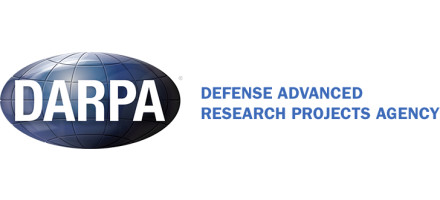DARPA launches teams to study atomic vapors for defense applications
NewsSeptember 07, 2021

ARLINGTON, Va. The Defense Advanced Research Projects Agency (DARPA) has selected eight industry and university research teams to support its newly developed Science of Atomic Vapors for New Technologies (SAVaNT) program.
The teams are tasked with the development of innovative approaches to push the performance limits of atomic vapors at room temperature and exploit their unique advantages to demonstrate new capabilities for the U.S. Department of Defense (DoD).
According to the announcement from DARPA, quantum research in both information science and sensing shows a lot of promise for enabling a host of new defense applications, including applications that require low size, weight and power (SWaP), high-sensitivity electric field and magnetic field measurements, and quantum information-science applications that require strong atom-light coupling.
The common scientific challenge across all technical areas of the program is to improve the coherence of atomic vapors at room temperature, namely the extensive equipment needed to cool and trap atoms to exploit their quantum features. According to the announcement, the selected SAVaNT research teams will focus on warm atomic vapors as opposed to cold-atom technology; the warm approach needs no complex laser cooling and enables a larger number of atoms, boosting the signal. The challenge the teams face, however, is that thermal environment effects – even at room temperature – significantly mitigate how long the quantum coherence can last.
Tatjana Curcic, program manager in DARPA’s Defense Sciences Office, said of the project: “Vapor-based technologies operate at or near room temperature without complex laser cooling and trapping and still offer the advantages derived from the pristine nature of atoms. We are excited about the quality of performers in SAVaNT who will push the performance of atomic vapors to the limit of what is possible.”
DARPA's chosen eight teams are:
- ColdQuanta, Inc. -- Boulder, Colorado
- Georgia Institute of Technology -- Atlanta, Georgia
- Quantum Valley Ideas Laboratories -- Waterloo, Ontario, Canada
- Rydberg Technologies -- Ann Arbor, Michigan
- Twinleaf LLC -- Plainsboro, New Jersey
- University of Colorado -- Boulder, Colorado
- University of Maryland -- College Park, Maryland
- William & Mary -- Williamsburg, Virginia
DARPA adds that one other team has been selected and is expected to be on contract in the coming months.









